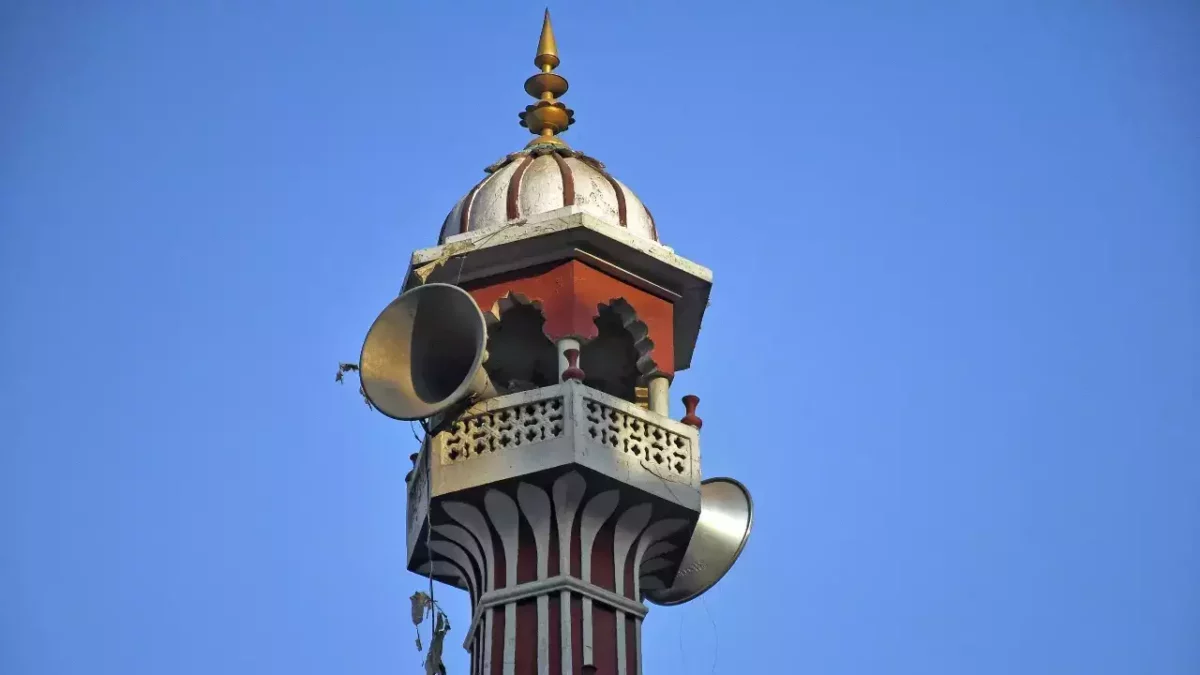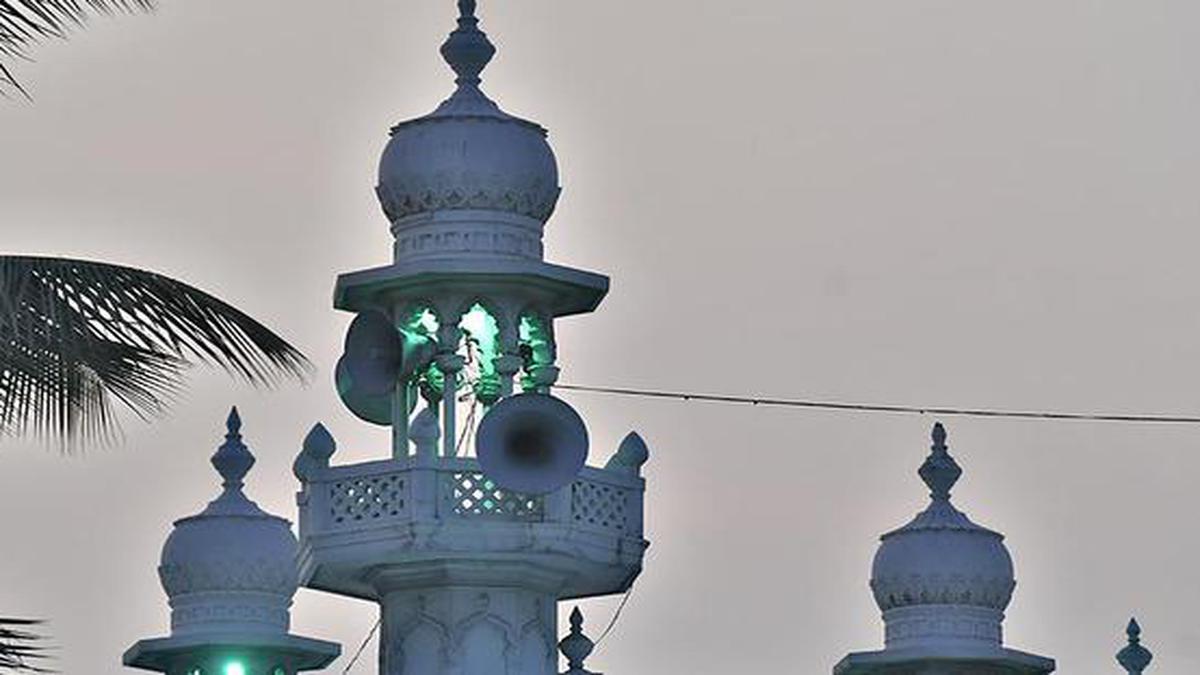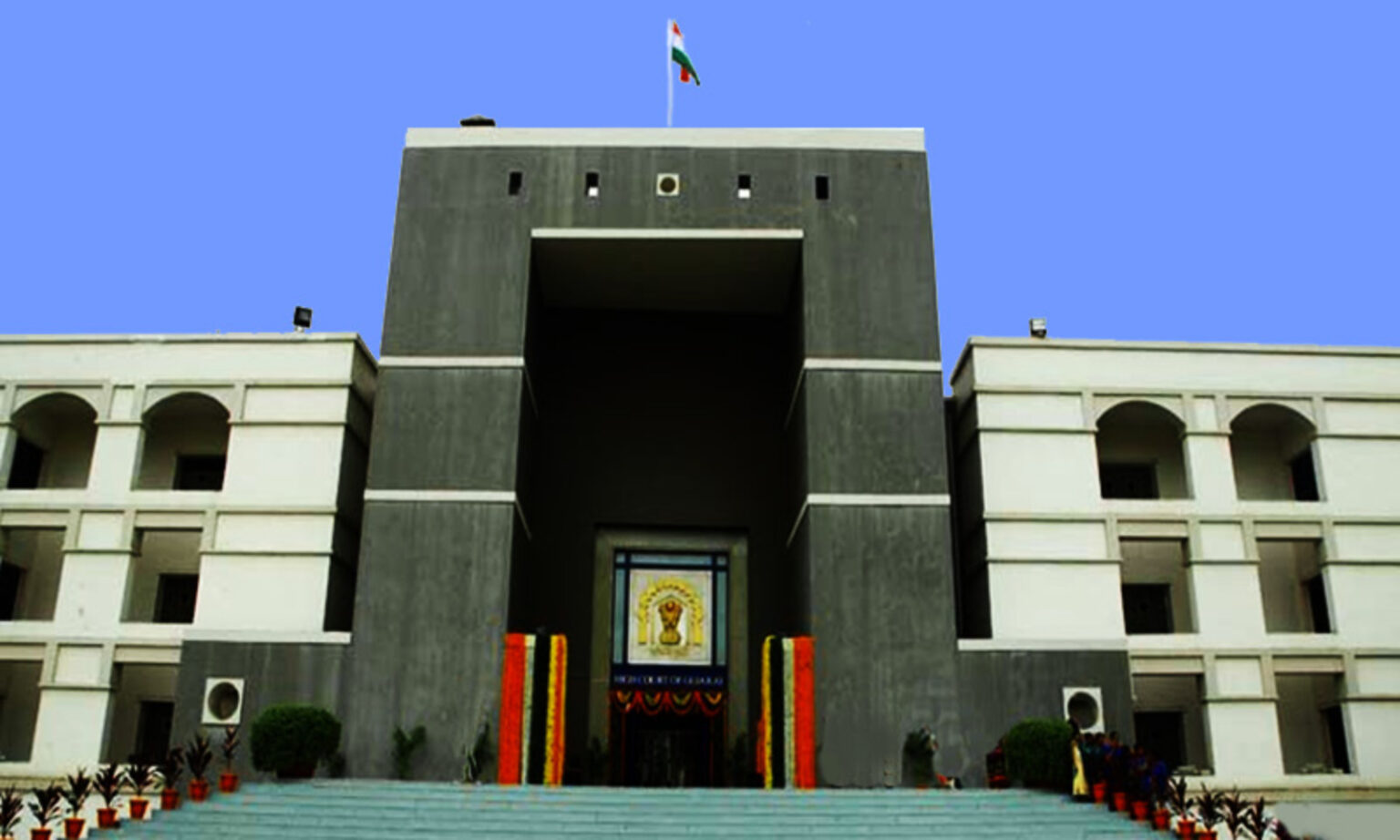Introduction
The Gujarat High Court recently received a response from the state government regarding a Public Interest Litigation (PIL) seeking a ban on the use of loudspeakers in mosques. The government, through Additional Secretary Nikhil Bhatt, expressed its commitment to regulating the use of loudspeakers and ensuring compliance with Noise Pollution Rules. It emphasized the need to strike a balance between the interests of residents and the parties using loudspeakers for various purposes, such as weddings, events, and religious celebrations.

Regulating Loudspeaker Usage
The state government acknowledged the adverse effects of unauthorized and unregulated loudspeaker usage on society and the environment. To address this issue, the government has established Joint Enforcement Teams responsible for monitoring noise levels. These teams have been instructed to strictly enforce Noise Pollution Rules in industrial, residential, and other areas.
In order to maintain public order and tranquillity in neighbourhoods, the use of loudspeakers must comply with Noise Pollution Rules and noise standards. The government highlighted that the “Ambient Air Quality Standards in Respect of Noise” have been set out in the Schedule to the Noise Pollution Rules. These standards serve as guidelines for controlling noise pollution caused by loudspeakers.
Standard Operating Procedure for Noise Level Monitoring and Enforcement
To effectively curb noise pollution, the state government has developed a detailed Standard Operating Procedure (SOP) called the Protocol on Noise Level Monitoring and Enforcement. This SOP outlines the responsibilities of Joint Enforcement Teams, the Gujarat Police Department, and the Gujarat Pollution Control Board in enforcing the Noise Pollution Rules.
The government has also taken concrete steps to monitor noise pollution. In 2020, the police procured 35 noise monitoring devices, which have been instrumental in analyzing the extent of noise pollution caused by loudspeakers, public address systems, and microphones.

Concern for Neighborhood Residents
The government expressed its awareness of the adverse effects of loudspeakers on residents living in the vicinity of their usage. It assured the court that measures are being devised to effectively monitor and control the use of such loudspeakers. The state government is committed to ensuring the well-being and tranquillity of the neighbourhoods affected by noise pollution.

Petitioner’s Complaint and Response
In response to the petitioner’s complaint against the Zakariya Mosque in Gandhinagar, the Gujarat Pollution Control Board visited the mosque to investigate the matter. However, the petitioner declined to provide a statement, asserting that there was no disturbance caused by the usage of loudspeakers during prayer time. Nevertheless, a report was submitted, and the authorized person at the mosque was duly informed in writing to adhere to the Noise Pollution Rules.
Conclusion
The Gujarat government’s response to the PIL seeking a ban on loudspeakers in mosques highlights its sincere efforts to regulate the use of loudspeakers. By establishing Joint Enforcement Teams, procuring noise monitoring devices, and implementing the Standard Operating Procedure for Noise Level Monitoring and Enforcement, the government aims to curb noise pollution and maintain public order and tranquillity.
The government recognizes the importance of striking a balance between the interests of residents and the parties using loudspeakers for various purposes. By ensuring compliance with Noise Pollution Rules, it seeks to address the concerns of both stakeholders.
In light of the government’s commitment and the measures taken to regulate loudspeaker usage, it is evident that the PIL requesting a ban on loudspeakers in mosques deserves to be dismissed. The state government’s focus on maintaining a peaceful and harmonious environment for all residents is a step towards achieving a balanced approach to noise pollution control.













